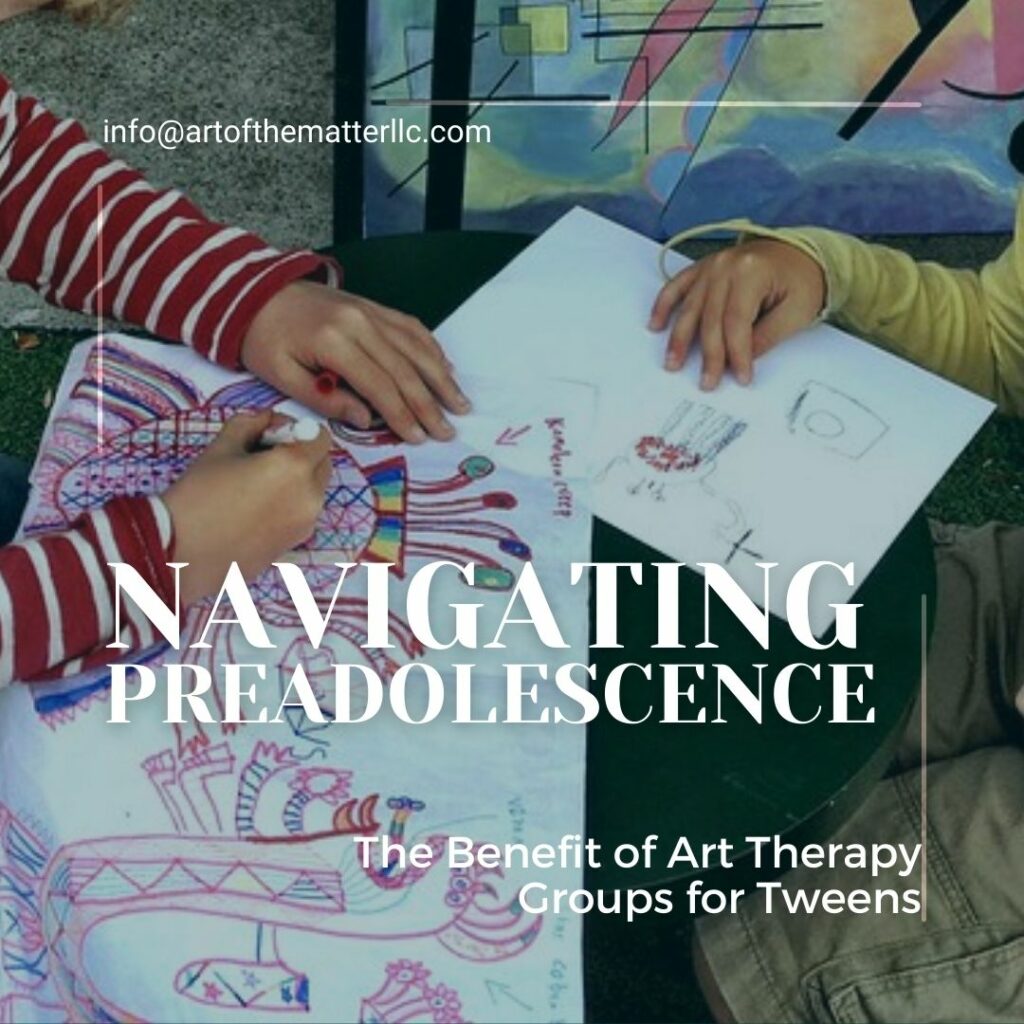 As a parent today, attempting to support your teen through the challenges of adolescence is a daunting task. You cherish the memories of quality time during their formative years. They were only a child when events beyond your control changed everything. Isolation has become the norm, disrupting the natural social supports crucial for your tween’s development. Left without the boundaries of separate spaces – where work often provided more order than family life – you adapted the best you could. Good intentions of making the best of being quarantined together may have heightened opportunities to witness who our child truly is.
As a parent today, attempting to support your teen through the challenges of adolescence is a daunting task. You cherish the memories of quality time during their formative years. They were only a child when events beyond your control changed everything. Isolation has become the norm, disrupting the natural social supports crucial for your tween’s development. Left without the boundaries of separate spaces – where work often provided more order than family life – you adapted the best you could. Good intentions of making the best of being quarantined together may have heightened opportunities to witness who our child truly is.
You’ve done your best to enshroud them in protective factors – a supportive family, neighborhood, and/or faith community – but what happens when they suddenly withdraw? Perhaps they lost interest in extracurricular activities such as sports, scouts, or the science fair. You notice how real friendships became rarer. Perhaps increasing time spent on social media is a factor or the transition from grade school to middle school.
Being on the bridge between childhood and adulthood is the most difficult, complex time of our lives. Remember how it was when you were going through this same developmental task. Reflecting on your own experiences during this developmental stage, you may recall feeling caught between being treated as a child in some respects while expected to be more adult-like in others. Either way, it’s natural to notice the perceived mistakes of your own parents and then attempt to correct them by going to the other extreme.
Regardless, there comes a time, too often too soon, when your child becomes more focused on peers and grapples with the onset of hormones. It can be challenging to know when our child’s emotions and behaviors need additional support.
Fortunately, the stigma surrounding mental health support has diminished, opening the door to engaging interventions such as art therapy. Combining the therapeutic benefits of expressive arts with fun peer interaction, art therapy offers a win-win opportunity for preadolescents (aka “tweens”) navigating this critical transition.
Enrolling your tween (ages 11-13) in a seasoned therapist-led program can offer an additional protective factor during this critical time. For some, a monthly individual session in addition to a bi-monthly small group is a great option to increase self-esteem, communication skills, and emotion regulation. Positive psychology principles compliment the arts, offering a holistic approach for tweens to explore self-expression and personal growth.
A safe, supportive environment provides a much-needed opportunity for self-expression. Your tween will enjoy learning who they are, what their likes and dislikes are, and how to cope with life’s stressors. Through activities like music, movement, poetry, drama, and the visual arts, they can reflect on their experiences in ways not typically encouraged in school settings. Because of the independence that’s fostered and the gentle guidance of the facilitator, as well as the small size of the group, much-needed connections will provide motivation to enjoy these often-turbulent years.
Tweens often face challenges related to identity development, peer relationships, and social pressures. Group therapy offers opportunities for tweens to practice social skills such as communication, empathy, and conflict resolution in a supportive environment. They can learn from observing how others interact and receive feedback on their own communication styles, helping them navigate social situations more effectively. Group therapy encourages tweens to give and receive feedback constructively, promoting self-awareness and personal growth.
With over 30 years’ experience providing art therapy groups to teens, we know the importance of communication with family. By maintaining the child’s confidence and encouraging positive relationships with family and friends, the therapist ensures that each tween receives tailored support both during and between sessions.
Core values such as self-esteem, productivity, and courage are explored through various artistic mediums:
- Drawing
- Painting
- Sculpture
- Sewing
- Mask-making
- Music
If you’re ready to provide your tween with the tools they need to flourish socially and emotionally, consider enrolling them in the Art Therapy Program at Art of the Matter. Contact us today to schedule your child’s intake and embark on a journey of self-discovery, creativity, and growth. Reach out via phone at 913-732-0671 or email us at info@artofthematterllc.com to secure your child’s spot in this transformative program.
– Paula Acheson, MS, ATR-BC
Board-Certified Art Therapist
Paula received her BFA from KU and her master’s degree from Eastern Virginia Medical School. She is also the artist/owner of Multimedia Art Studios in addition to her work with Art of the Matter. She’s provided Art Therapy to adolescents in multiple group home settings, schools, and partial hospital programs.

